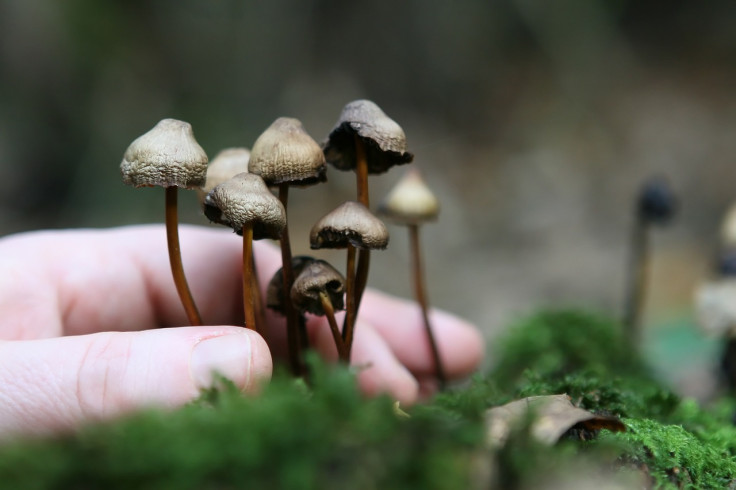Mental health: Controversial magic mushroom can help ease depression?
Two doses of psilocybin can produce rapid, large, and sustained anti-depressant effects in major depressive disorder patients.
With so many people going through depression and anxiety due to self-isolation and even physical distancing measures, treating mental health issues has become a concern in the medical field. Recent research showed that scientists may have found a potential mental health treatment in the form of a somewhat controversial drug, which has not been made legal in many states in the US.
A small study titled "Effects of Psilocybin-Assisted Therapy on Major Depressive Disorder - A Randomised Clinical Trial" published in the Journal of JAMA Psychiatry showed psilocybin, a hallucinogen, is effective in treating major depressive disorder (MDD). In a supervised setting, two doses of psilocybin can produce rapid, large, and sustained anti-depressant effects in MDD patients.
Researchers studied 24 adults who were suffering from major depression. Participants of the study experienced depression for about two years before they were recruited to be part of the psilocybin study. To fully understand the effects of psilocybin, the participants were tasked to give up their existing antidepressants.
Thirteen participants immediately received psilocybin upon enrollment into the study. The other 11 needed to wait for eight weeks before receiving the same treatment.
Dr Roland Griffiths, author of the recent psilocybin study and a Johns Hopkins University School of Medicine professor said that there are different types of major depressive disorders and normally, there is always a possibility that patients would have a varying response to the drug. In the case of psilocybin, they were surprised that most of their participants found the drug to be effective.
Based on the study, psilocybin can produce hallucinations, both visual and auditory. The drug could also cause changes in consciousness which could run up to several hours after ingesting it.
Different states in the US categorise the possession of the compound as a felony, thus illegal. This is because psilocybin falls under the Schedule I substance classification, as per the Controlled Substances Act. Other Schedule I substances are heroin and LSD. They are deemed to have a higher potential for abuse and that they also serve no legitimate medical purpose in the country. However, Oregon is the first state in the US to make the drug legal in treating mental health issues under supervised settings.
David Nutt, director of the neuropsychopharmacology unit at Imperial College London, who was not a part of the study, said that although it is not yet fully understood how psilocybin affects the brain, it would seem that the compound disrupts the brain receptor responsible for negative thinking. Since the recent study only covered 24 participants, a larger study on its use may pave the way for more results and a better understanding of the drug.
© Copyright IBTimes 2025. All rights reserved.






















